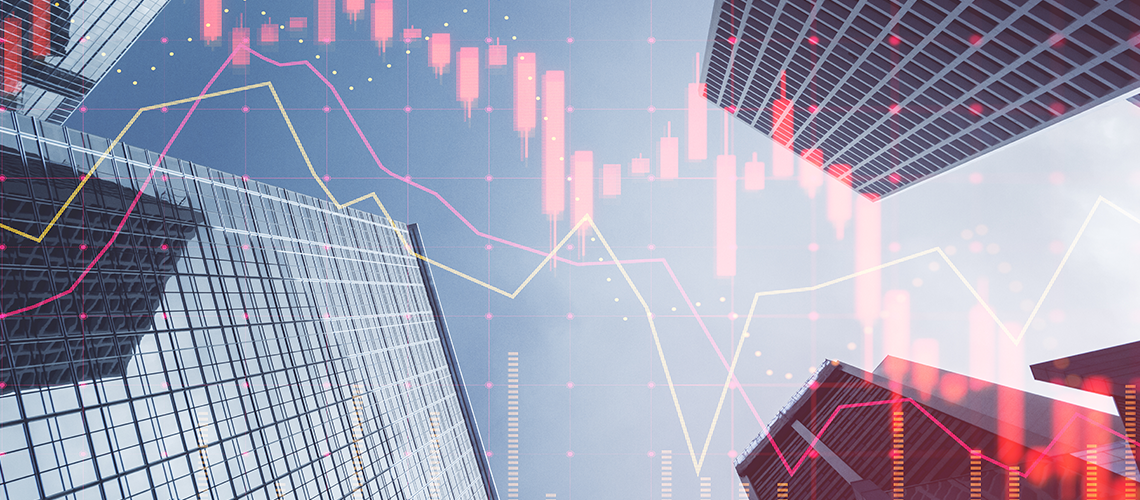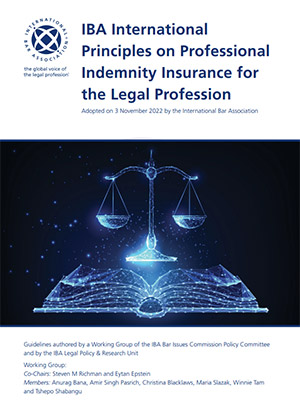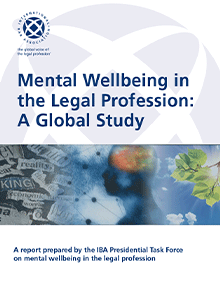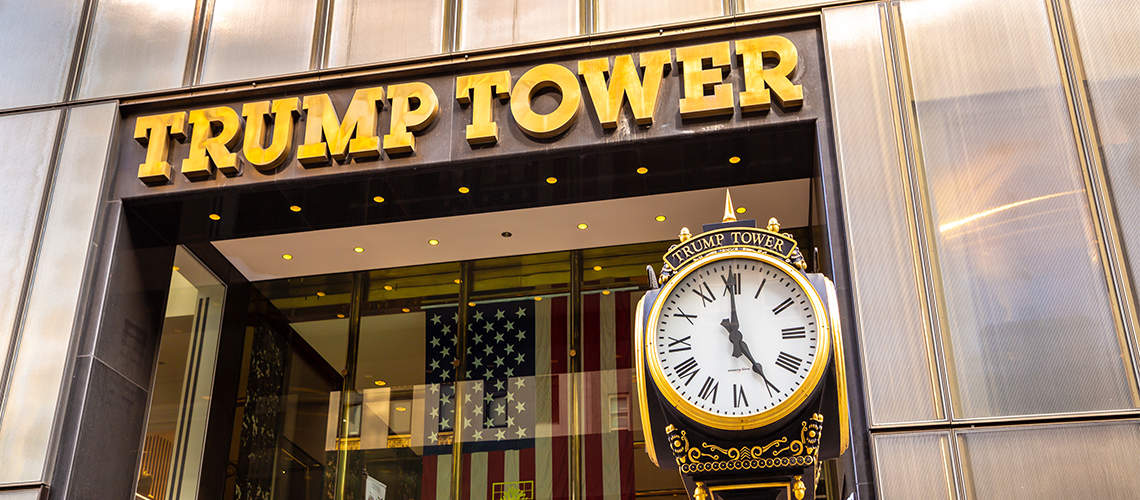Finance: bank collapses revive uncomfortable memories of 2008 financial crisis
Jonathan Watson, IBA Finance CorrespondentTuesday 4 April 2023

The collapse of Silicon Valley Bank (SVB) in mid-March had major implications for the global banking sector. Signature Bank, another US regional bank, followed two days later. The much larger Credit Suisse then saw its shares plummet by 30 per cent before UBS stepped in to agree a historic government-brokered deal worth $3.25bn.
All of this revived uncomfortable memories of the global financial crisis of 2008. Many pointed the finger of blame at banking regulators then, and some are doing so again now. Jamie Dimon, Chief Executive of JPMorgan Chase, complained that the rules in the US had incentivised banks to build up large portfolios of US Treasury bonds. These lost a good deal of value as interest rates were increased. Lenders ended up with paper losses, leaving investors unimpressed.
However, few believe that history is about to repeat itself. While the banking sector is clearly in trouble, another global financial crisis is not on the way. DeAnne Julius is a senior adviser to the international affairs think-tank Chatham House and a distinguished fellow in its Global Economy and Finance programme. ‘There’s a heightened sense of nervousness, but the preconditions for the beginning of a big financial crisis are not there’, she says. ‘SVB went under for very specific reasons that don’t apply to many other banks. And with Credit Suisse, with hindsight one can see that there were many reasons for investors and bondholders to be much more worried than they actually were.’
That said, events such as these obviously damage confidence in the banking system. If there is enough damage, then there can be a run on the banks, in which large numbers of people all withdraw all of their money at the same time.
What’s truly unique about the recent collapses is how quickly they occurred. This can, in part, be traced back to the way information can spread like wildfire in the social media age
Shane Pearlman
North American Regional Forum Liaison Officer, IBA Banking Law Committee
‘What’s truly unique about the recent collapses is how quickly they occurred’, says Shane Pearlman, North American Regional Forum Liaison Officer for the IBA Banking Law Committee and a partner at Canadian law firm Borden Ladner Gervais. ‘This can, in part, be traced back to the way information can spread like wildfire in the social media age and the speed and immediacy of the electronic banking system. It no longer takes weeks or months for fears about the failure of a bank to circulate. Similarly, long gone are the days of a customer waiting to go to their bank and standing in line at their branch to withdraw their deposits.’
Once bank runs start, they’re very difficult to stop and can affect any bank with weaknesses. Without the fall of SVB, for example, nothing would have happened to Credit Suisse. ‘They were weak and once investors lose confidence and begin to run any bank with weaknesses may become untrainable’, says Vasso Ioannidou, Professor of Finance at Bayes Business School in London. ‘This is a space to watch.’ Regulators have to move fast. Pearlman thinks that in the US, ‘the regulatory response has been adequate to provide the necessary reassurances to the public’. He believes the banking system generally ‘remains strong and vibrant’.
Julius says that the key lesson from the global financial crisis for central banks was that ‘if you do have the start of a crisis, it’s better to act quickly, get it under control and put a stop to it, rather than wait and see whether you need to act later’. The scope for contagion is too great in today’s world of very integrated financial markets, she adds.
However, Ioannidou warns that while banks’ own weaknesses can cause bank runs, regulatory action to deal with those vulnerabilities can also create problems. Once national supervisors try to contain a developing situation in a home country, ‘they often end up taking difficult decisions that may be needed in that situation but may also have negative externalities on other countries’, she says.
She’s referring to the decision by Swiss regulators to wipe out $17bn of Credit Suisse's Additional Tier 1 (AT1) capital debt under the terms of its takeover by UBS. AT1 bonds are the riskiest type of debt banks can issue, ranking immediately after equity in the event of losses.
That decision highlighted the risks of investing in these securities, forcing European regulators into action to stop a market rout. The European Central Bank, Single Resolution Board and European Banking Authority all affirmed that Eurozone banks would not suffer the same fate; AT1 bondholders would only suffer losses after shareholders have been wiped out.
While this new crisis still has some way to run, the current turmoil may be stabilising. ‘This has already played out in terms of the markets’, says Julius. ‘They’ve come back, so I think the market participants have been reassured. And we’re not seeing meltdown in the stock markets of countries that have had problems. If anything, in the US at least, people have piled into some of the competitor banks, or they’ve gone from smaller banks to bigger banks.’
Dimon is also concerned about the response to the current crisis. In his annual letter to shareholders, he urged regulators to avoid ‘knee-jerk, whack-a-mole or politically motivated responses’. The goal should not be ‘a regulatory regime that eliminates all failure but one that reduces the chance of failure and the odds of contagion’.
Julius feels the same way. ‘At the end of the day, you can regulate and regulate, but banking, by its nature, has a risk involved’, she says. ‘Short of going to central bank money, which then means the central banks control everything, I’m not sure that there is an end in sight to having the occasional blow up.’
Image credit: Who is Danny/AdobeStock.com



